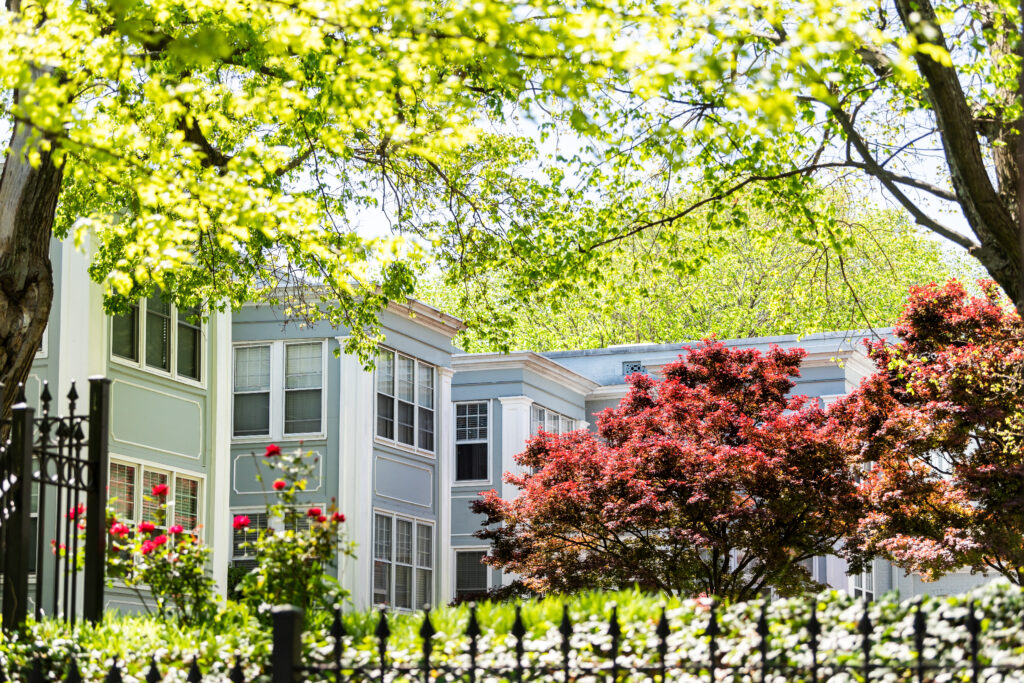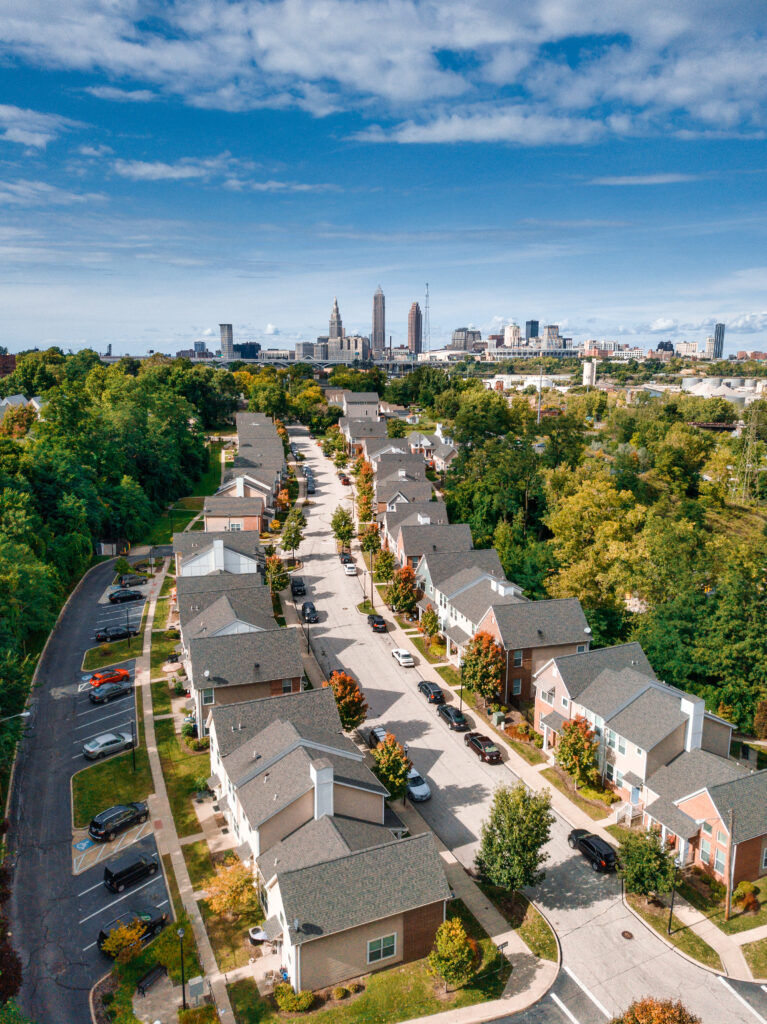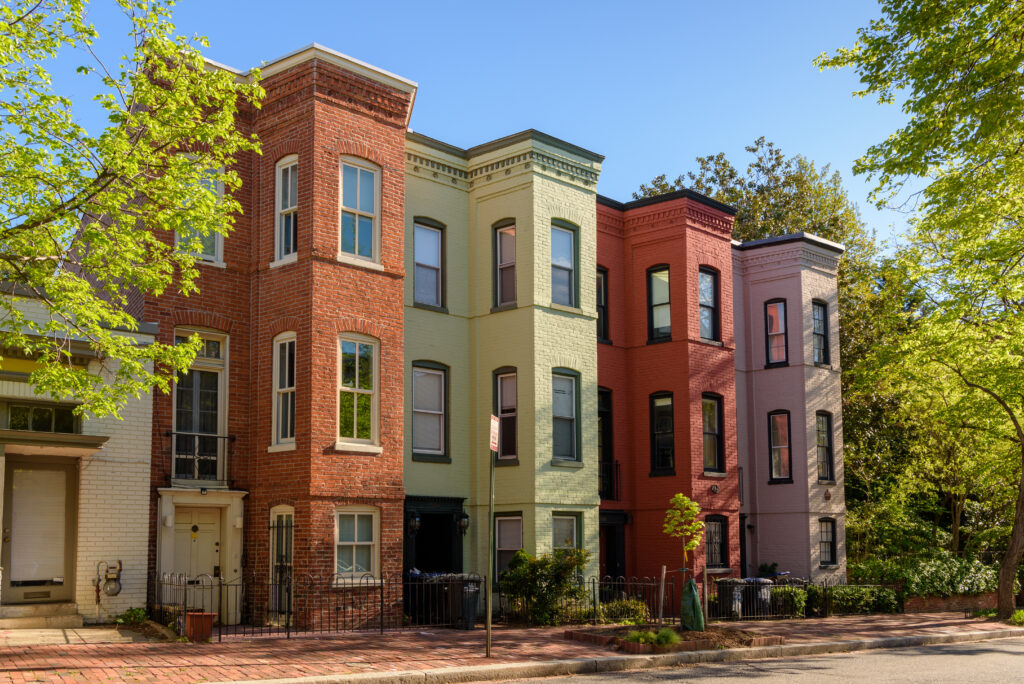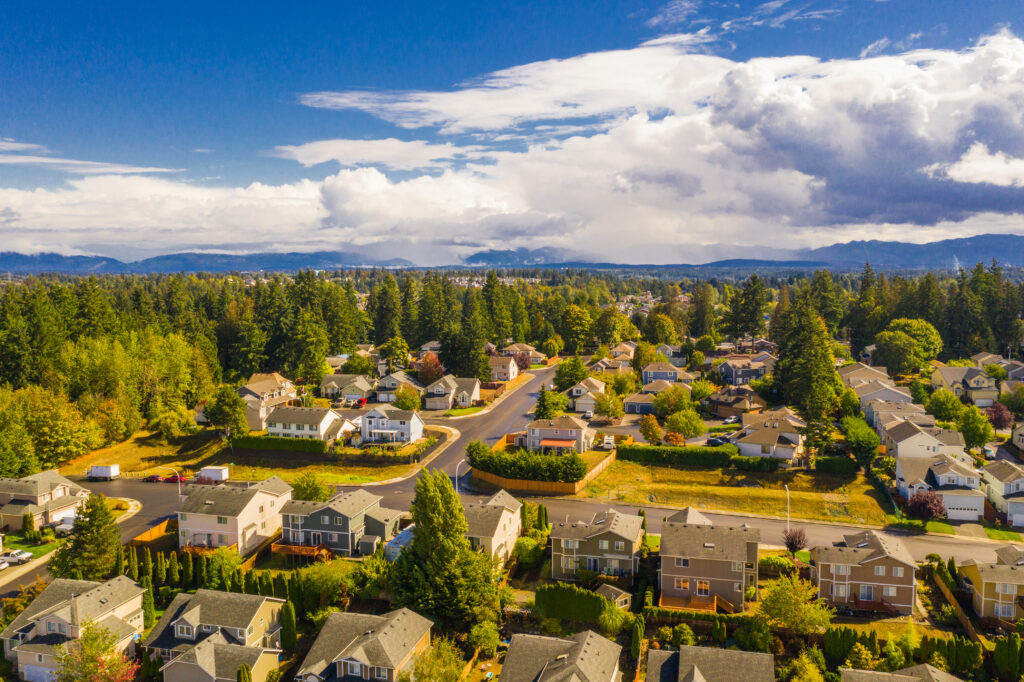
Closing the Racial Wealth Gap through Neighborhood Wealth-Building and Revitalization
Atlanta faces one of the largest wealth disparities in the country, with stark differences in wealth levels between different demographic groups. This wealth gap is most evident in predominantly Black neighborhoods where residents have limited access to wealth-building resources such as capital for small businesses, neighborhood-serving retail, and local employment... Read more

Optimizing Project Management Design and a Culture of Continuous Improvement to Enhance Climate Resilience
New York City's Department of Environmental Protection (DEP) is responsible for managing the city's water supply, stormwater systems, and pollution control infrastructure to create a more climate-resilient future. As climate change threats intensify and the department continues to grow, DEP is seeking to improve internal operations, enhance project efficiency, and... Read more

Closing the Racial Wealth Gap in Multi-Racial Communities
New Mexico is one of the most diverse states in the country, and Albuquerque reflects this diversity with particularly large Indigenous and Latino populations, as well as significant Black and Asian communities whose numbers are growing. The Office of Equity and Inclusion (OEI) works to reduce barriers to opportunity and... Read more

Expanding Access to Resources and Capital for Equitable Home Ownership
Cleveland faces significant housing challenges rooted in historical patterns of disinvestment that have disproportionately impacted low to moderate-income residents and underserved communities. The city's aging housing stock requires significant repairs in many cases, while neighborhoods that have historically experienced underinvestment, particularly on the East side, are now dealing with rising... Read more

Strengthening Affordable Homeownership Opportunities through Limited Equity Cooperatives
Limited Equity Cooperatives (LECs) are a form of affordable homeownership where residents collectively own their housing and agree to limit resale prices, thereby preserving long-term affordability for future generations. These cooperatives are particularly vital in Washington, D.C., where rapidly rising housing costs and historical housing policies have disproportionately displaced Black,... Read more

Preventing Displacement and Investing in Resilience
Seattle faces significant housing challenges stemming from its rapid growth and strong economy, which have made it an attractive place to settle but have also created displacement pressures for many families, especially historically underrepresented households. The Office of Planning and Community Development (OPCD) has a clear vision for inclusive, resilient... Read more

Water Management Energy Efficiency
Durham, North Carolina is addressing significant challenges in water and energy management as part of its broader commitment to infrastructure modernization and carbon neutrality. Despite the city's economic growth and median household income of nearly $60,000, Durham faces economic disparities with a poverty rate of 15.2%. National studies show that... Read more

Advancing Equity and Sustainability in Workforce Development
The Department of Health and Human Services in Long Beach is navigating significant challenges in workforce development, particularly in addressing the needs of underserved and vulnerable populations. Historical economic disparities have disproportionately affected low-income residents and communities of color, creating barriers to health services and employment opportunities. These challenges have... Read more

Cultivating Partnerships to Build Wealth and Financial Inclusion
The Port of Long Beach is an economic powerhouse, handling $200 billion worth of goods annually and supporting 2.6 million jobs nationwide. However, the West Long Beach neighborhood that houses the port, where 90% of residents are people of color, with significant Latino, Black, and Filipino communities, suffers from poor... Read more

Designing IT Systems for Veterans to Thrive
Los Angeles County is home to approximately 281,000 military veterans who, despite their leadership experience and community service mindset, face significant challenges. Compared to civilians, veterans are twice as likely to experience homelessness and suicide, with one in three reporting having been jailed—rates that are even higher for veterans of... Read more
